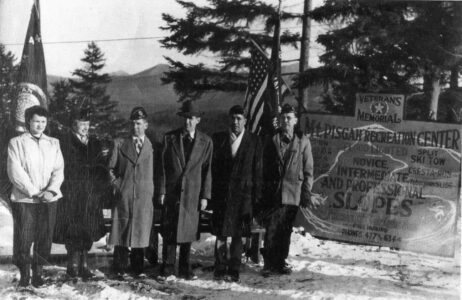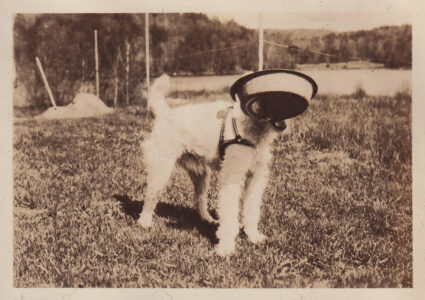National Nurses Appreciation Week
Everyone knows a nurse. Even though doctors may be the ones given credit for medical procedures, in my experience, a nurse is the first person who greets anyone during a regular office visit or an emergency. Nurses make us comfortable and safe. They see us at our very worst and still have the power to put us at ease. Their hours are long and hard. They have to deal with various personalities and crises while still being professional. This year’s National Nurses Appreciation Week theme is “The Power of Nurses.”
In 1953, the US Department of Health, Education and Welfare proposed a dedicated day for honoring nurses, but Eisenhower never made the proclamation. People and organizations proposed other initiatives and bills throughout the years, but it wasn’t until 1974 that the International Council of Nurses (ICN) proclaimed May 12 as International Nurses Day. Nixon made the 1974 proclamation, but it wasn’t until 1982 that Congress signed a joint resolution dedicating May 6 as a National Recognition Day of Nurses. It took another ten years for the American Nurses Association (ANA) to dedicate a full week to all the hardworking nurses across the country.
The dates for National Nurses Appreciation Week are always the same, beginning on May 6 and ending on the birthday of Florence Nightingale, May 12. Florence Nightingale, a British citizen known as the pioneer of modern nursing, recognized the need for sanitary conditions, nutrition and patient statistics/records during the Crimean War in the late 1850s. She then spent her spare time walking the hospital halls, day and night, improving the patients’ comfort.
Nightingale carried an oil lamp on her nightly rounds, and the moniker “Lady with the Lamp” stuck with her for the rest of her life. Her work and practices reduced the death rate by two-thirds. After writing an 830-page report on the conditions of the British Army Hospitals and proposing reform, Nightingale dedicated the rest of her life to improving health care conditions. Henry Wadsworth Longfellow immortalized her in his poem, “Santa Filomena.”
So go out and hug a nurse, even those nurse friends (you know who you are) who will tolerate hugs because they are good at their job. (I am joking. Please don’t touch people without permission. Buy someone donuts or lunch.) They all work hard to make us feel better. A nurse’s role has evolved from Nightingale’s time but is still rooted in empathy. I’ve been lucky with my health. I hope I never need regular nursing care. If I do, I’m glad I will be in such good hands.





